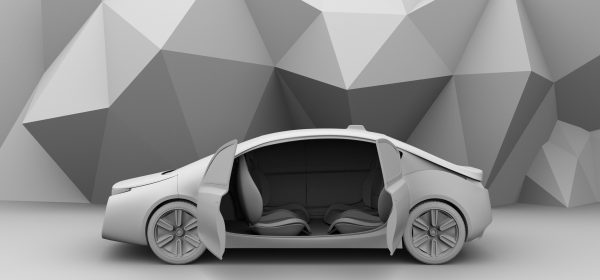Clean air funding programmes combined with software technology will play a big role in our fight against climate change, and it needs to be smooth to encourage people to get onboard.
It should come as no surprise to most people that air pollution is a bad thing. If you’re young or old, it’s particularly nasty. As with many things, the smoggy picture can only change if the generations in between (that’s us) act swiftly. With technology and political impetus, we are doing just that, and money is being spent to offset carbon emissions. But where money changes hands, it’s complicated, and this is where things get interesting from a software solutions point of view. Before we get to that, how do we go about initiating change in the first place?
Grants to lower carbon footprints
The UK government’s broad plan to counter climate change includes the amendment of a deadline for the sale of new petrol and diesel cars, from 2040 to 2030. This will be good news for the residents of Bridport and Chideock in West Dorset, where levels of deadly, invisible nitrogen dioxide (NO2) are alarmingly high. So too for regions across the UK, where our green and pleasant land is blighted by busy roads and idling cars.
Around the world, many notable car manufacturers have made commitments to curb their enthusiasm for combustion engine development. And companies such as Lyft says its ride-hailing services will be electric by 2030. Grants have become available to entice the buying public into lowering their carbon footprints. We are urged to travel longer distances by train, short ones by bicycle, and electric vehicles for everything in-between. (Range anxiety really shouldn’t be a valid objection.) Bristol will take a giant step forward in banning diesel cars between 7am and 3pm, fining anyone who dares to disagree in 2021. This deadline may be affected by Covid-19, which itself has played a positive part in showing how pollution levels and lifestyles can change when circumstances dictate.
Clean air zones that curb nitrogen dioxide emissions are popping up everywhere. Where’s the money coming from to fund these grants, and what will the process look like? We don’t write about politics here, but rest assured you can find all sorts of debate around these issues. We are optimistic because we can see the potential for how technology will smooth the journey for willing customers. People want to change, and a combination of funding and tech has the potential to create a smooth journey for everyone who applies for a clean air grant.
Clean air programme success
Clean air funding is so important and there have already been examples of where demand is high. Citizens of Lithuania, for example, were more than willing to cash in on going green. To qualify for a modest grant of up to €1,000, all they had to do was trade in their dirty cars. Lithuania’s initial budget? Just €8m. It has received €3m more because of the programme’s success.
Yet, the success of any grant application is the ease of how it works. If the process isn’t smooth, it will put people off, and that’s what we should avoid at all costs. The idea behind clean air funds is a solid one that has the potential to profoundly alter our greenhouse gas emissions. And while battery technology improves year by year to enable electric vehicles to go further, and electric vehicles of all shapes and sizes cost less and less, we should be using technology to make grant application as smooth as butter.
If we can reflect the success of Lithuania’s demand for its trade-in programme, the UK will be on to a winner. If British people take to riding electric bikes and catching the train more often, we’ll see the benefits across so many industries, and we’ll be breathing cleaner air as we do it.
Photo by Snapwire














